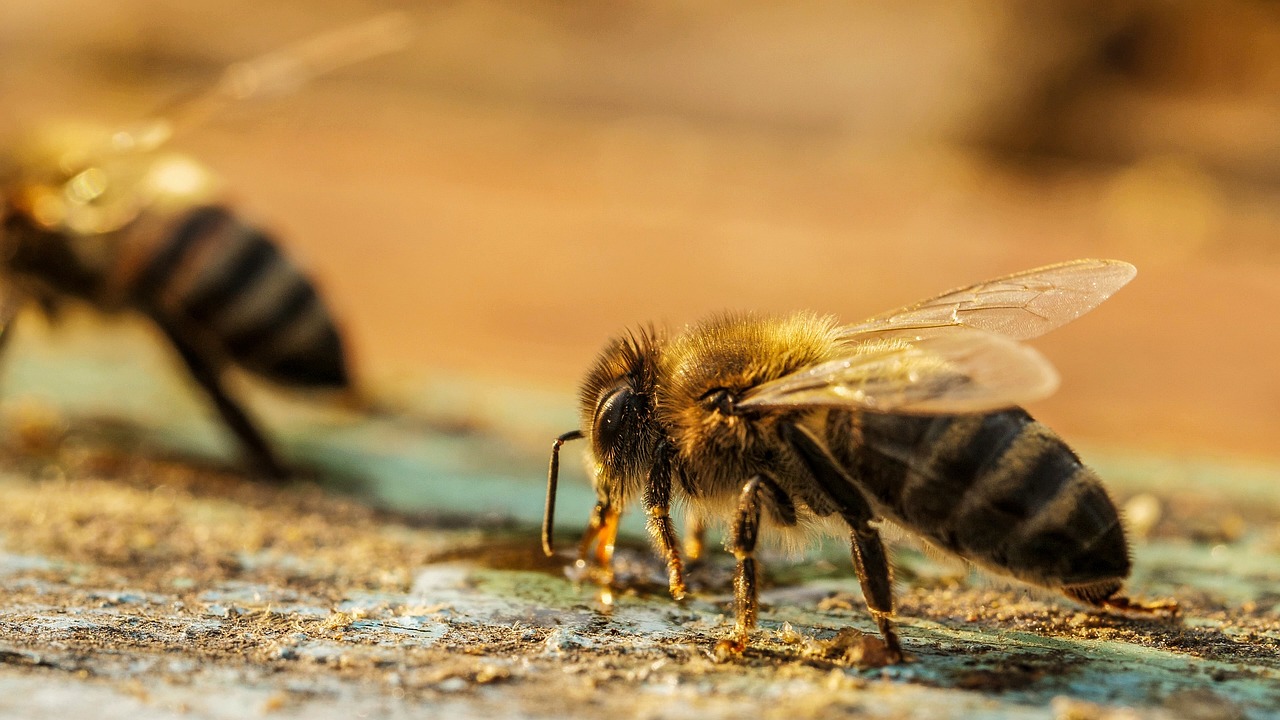News release
From:
Consistency and individuality of honeybee stinging behaviour across time and social contexts
In this study, we demonstrate that individual honeybees are different in their tendencies to sting, and that this difference is stable across time and social contexts. Nonetheless, bees are influenced by the presence and behaviour of other bees around them. Thus, whether a bee decides to sting is the produce of both its own characteristics and those of its colony.
Two bees are nicer than one – Bees are less likely to sting when in a pair. This study looked at individual differences in bees’ stinging behaviour when alone or in a pair, finding the presence of another bee decreased individual stinging likelihood. “This effect may seem counter-intuitive given the general belief that larger honeybee colonies are more aggressive,” write the authors. “However, there is very little scientific evidence to support this claim.”



 International
International



